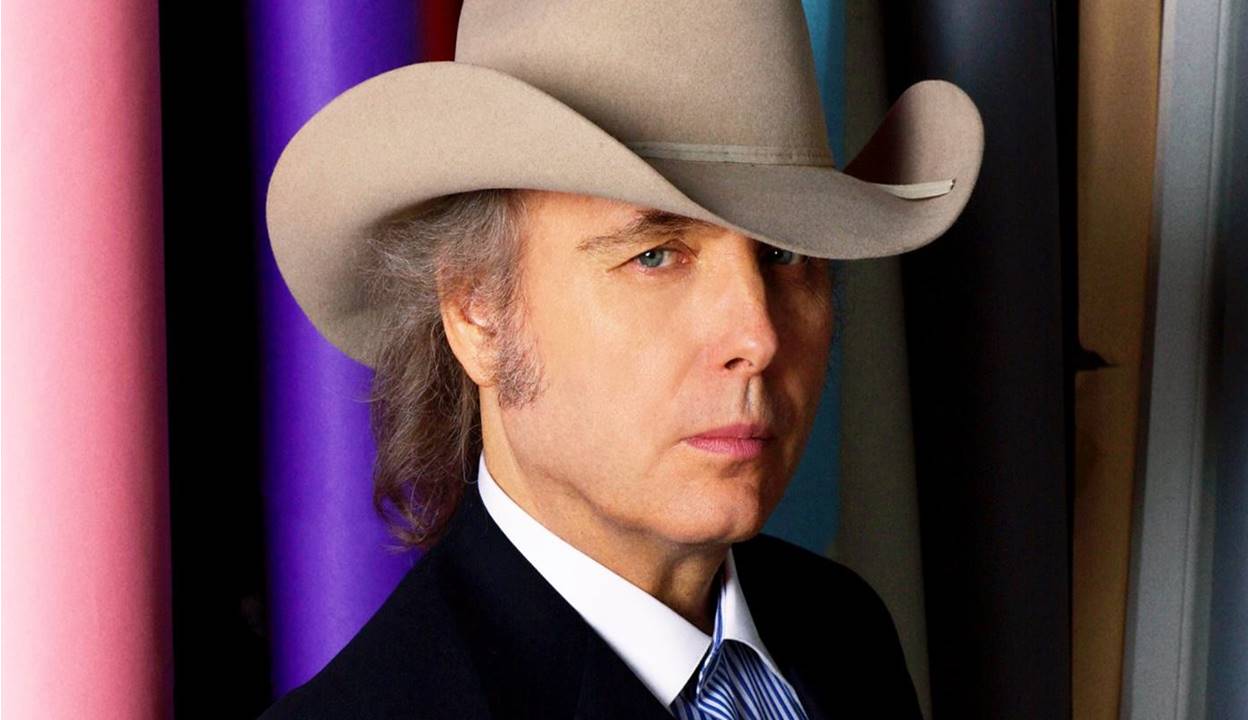
A quiet gut-check about intimacy—the way knowing someone’s habits becomes a kind of vow, and how love can sound like patience more than thunder.
The essentials first. “The Back of Your Hand” is a 2003 single by Dwight Yoakam, taken from his album Population Me (Audium Records, released June 24, 2003). Written by Gregg Lee Henry, it closes the album (track 10), runs about 3:08, and—though modest at radio—reached No. 52 on Billboard’s Hot Country Songs. The album itself marked Yoakam’s last set of new material produced by longtime bandleader Pete Anderson and peaked at No. 8 on Top Country Albums.
A small but telling backstory: the song is not a Yoakam original. Its writer, Gregg Lee Henry—better known to many as a film and TV actor—has long worked as a singer-songwriter under his full name Gregg Lee Henry; he even issued his own recording of “The Back of Your Hand.” Yoakam’s cut is thus a cover that he inhabits so completely it often gets mistaken for one of his.
There’s a visual chapter, too. The single arrived with a spare, amber-hued video directed by Margaret Malandruccolo, all late-night light and quiet rooms—exactly the emotional temperature of the track. It’s Yoakam at his most still: no theatrics, just the camera’s patient gaze and a lyric that does its work line by line.
Musically, Pete Anderson frames Yoakam with an almost weightless arrangement: brushed drums, a bass line that lopes rather than leans, clean guitar figures that answer the vocal and then disappear. The session crew on Population Me—Anderson on guitars, Skip Edwards on keys, Bob Glaub on bass, Don Heffington on drums, with Gary Morse adding glints of banjo/dobro/steel—play the kind of understatement you only get from lifers. Nothing crowds the melody; everything leaves air around Yoakam’s vowels so the feeling can arrive unforced.
What’s it about? On paper, the song is a conversation at the end of a long day, maybe the end of a chapter—a narrator trying to remind someone he loves that intimacy lives in small things. Not grand pledges, but the familiar: “two sugars with a splash of cream”; the way a face changes in certain light; how a silence between two people can be as eloquent as speech. Then comes the sly, aching dare—“Pick a number one to two,” a half-smile that knows there’s only one answer if you’re honest. That’s the heart of the lyric: love as recognition. You don’t just know about someone; you know them the way you know the back of your hand. (Those tiny, everyday details are why this one goes deeper the older you are.)
Yoakam’s read is all restraint. He never pushes the chorus; he leans into it—like a man who’s learned that the truth lands better when you don’t raise your voice. It’s the same discipline that shaped his great ’90s ballads, but here the edges are softer, the camera closer. You can hear years of Bakersfield steel in the grain of his baritone, yet the performance floats—no rhinestones, no fireworks, just a steady pulse and a melody that turns confession into comfort.
Placed inside Population Me, the cut says a lot about where Yoakam was in 2003. After two decades with Pete Anderson, they were finishing their studio run together, and you can feel both the ease of that partnership and a kind of summing-up in this track: country bones, California light, and an affection for textures (banjo, dobro, tremolo guitars) that make the song feel lived-in rather than lacquered. The album’s chart line belongs to the set as a whole—Top 10 country, strong indie showing—but this closer is what many fans carry away from it: a reminder that maturity in country music isn’t about volume; it’s about measure.
For listeners with a few decades in the scrapbook, that’s why “The Back of Your Hand” hits so cleanly. The older we get, the more we recognize love in the unremarkable—coffee poured the way we like it, the hand on the shoulder in the kitchen, the glance that says we’re okay. Yoakam sings all of that without naming it, and the band gives him a frame that glows like a lamp left on low. It’s a song that trusts your memory to do half the work, and if you’ve lived with someone long enough to know their rhythms, you’ll feel your own house inside it.
Key facts at a glance
- Artist: Dwight Yoakam
- Song: “The Back of Your Hand” (writer: Gregg Lee Henry)
- Album: Population Me (Audium, June 24, 2003); producer: Pete Anderson; closing track; length ~3:08.
- Chart: U.S. Hot Country Songs No. 52 (2003).
- Video: directed by Margaret Malandruccolo (2003).
Cue it up again and notice what doesn’t move: the tempo, the pulse, your breathing. That steadiness is the point. Yoakam isn’t trying to win an argument; he’s extending a hand, offering the kind of everyday tenderness that outlasts the bright noises of youth. By the last fade, you’re left with the simplest promise a love song can make: I know you—and you know me.